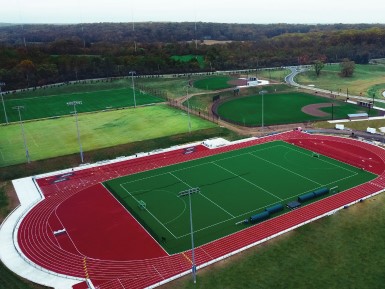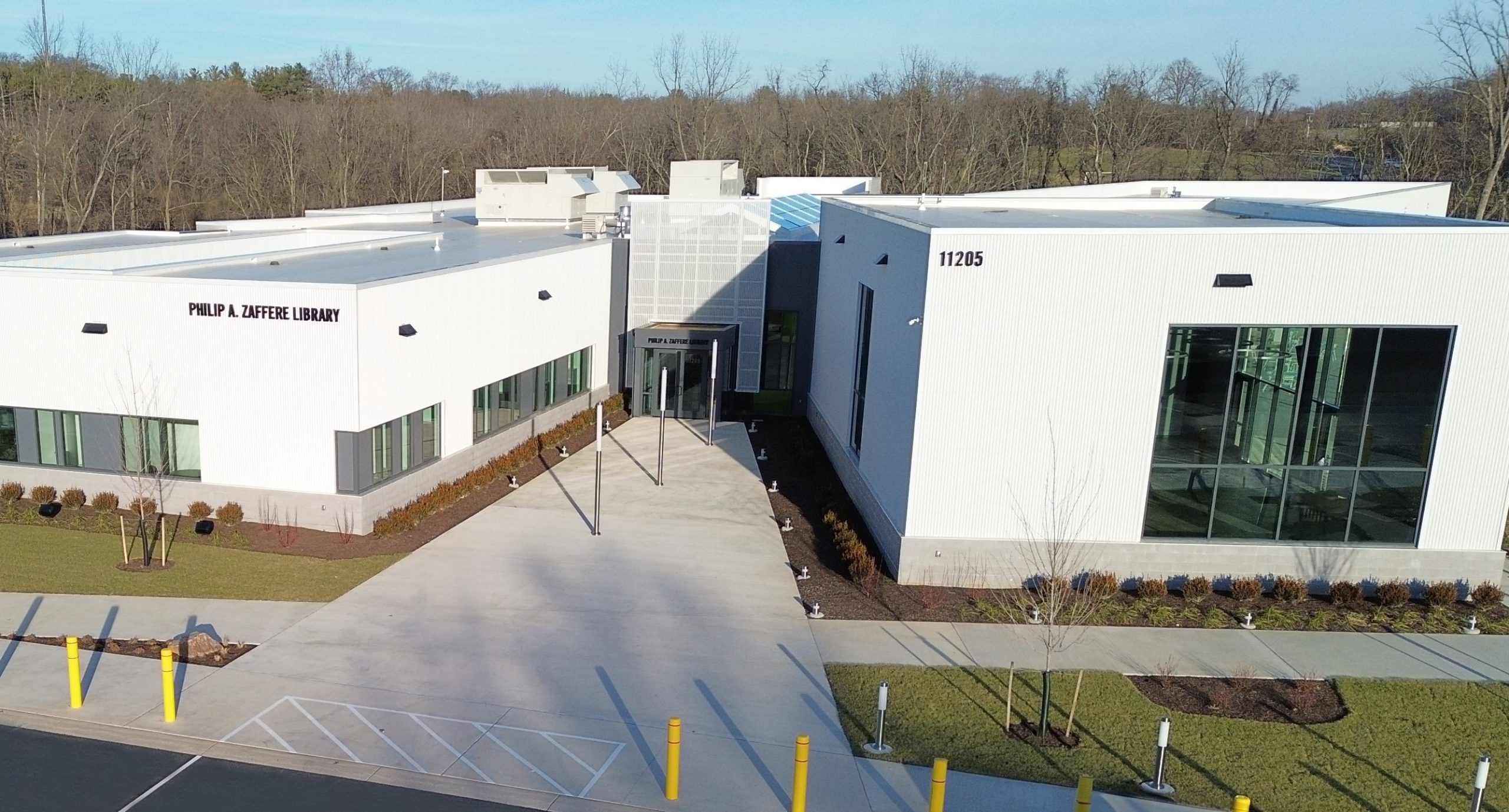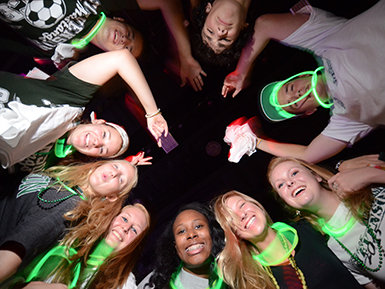Federal, state, and local laws prevent discrimination in hiring and employment against qualified individuals with a disability.
An “individual with a disability” includes any person who:
- Has a physical or mental impairment that substantially limits one or more of such person’s major life activities;
- Has a record of such impairment; or
- Is regarded as having such impairment.
Major life activities include but are not limited to, caring for oneself, performing manual tasks, seeing, hearing, eating, sleeping, walking, standing, lifting, bending, speaking, breathing, learning, reading, concentrating, thinking, communicating, and working.
Policy for Employing Individuals with Disabilities
It is the policy of the University to comply with federal, state, and local laws that forbid discrimination in employment against qualified individuals with disabilities and that require reasonable accommodation for qualified individuals with disabilities.
Procedure for Employing Individuals with Disabilities
The purpose of these procedures is to support equal opportunity in employment for all qualified individuals with disabilities and to reasonably accommodate qualified individuals with disabilities. In support of the University’s policy to comply fully with federal, state, and local laws that prohibit discrimination in employment against qualified individuals with disabilities, the Human Resources Office will use the following procedures:
- Review recruiting, advertising and job application procedures to provide individuals with disabilities meaningful employment opportunities. Upon request, the University will make applications available in alternative accessible formats or provide assistance in completing employment applications. Pre-employment inquiries will be made only with regard to an applicant’s ability to perform the duties of the position, not any disabling condition. However, the University may make pre-employment inquiries into the ability of an applicant to perform job-related functions and may ask an applicant to describe or to demonstrate how, with or without reasonable accommodation, the applicant will be able to perform job-related functions.
- Require physical examinations only after bona fide job offers and only for those job categories for which physical examinations are given to all persons entering the position.. Medical examinations of existing employees will be required only when job related and justified by business necessity.
- Conduct voluntary medical examinations and activities, including voluntary medical histories, which are part of the University’s employee health program.
- Maintain all medical-related information in a confidential manner in separate confidential files.
- Provide reasonable accommodation to qualified persons with disabilities, whether applicants for employment, employees or student employees, except where making an accommodation would create an undue hardship on the University.
- Entitle all qualified employees with disabilities to equal pay and other forms of compensation (or changes in compensation) as well as job assignments, promotion and demotion, leaves of absence (including sick leave), fringe benefits, and other terms, conditions, or privileges of employment.
- Notify all individuals with disabilities that the University provides reasonable accommodation to qualified individuals with disabilities by including a statement to this effect in the University’s Policy Manual and by posting required notices regarding non-discrimination against the disabled and other protected groups in conspicuous places upon the University premises.
Accommodation Procedures
Qualified applicants and employees with disabilities are encouraged to submit all requests for accommodation in writing. The request should contain the name, address, and telephone number of the person requesting the accommodation, and describe the requested accommodation and the reason for which the accommodation is being requested. If a request is made verbally to a supervisor, the supervisor shall put it in writing. All requests for accommodation must be referred to the Human Resources Office.
Upon receipt of an accommodation request, the Vice President of Human Resources or designee will meet with the applicant or employee requesting the accommodation to discuss and clarify the individual’s needs and to review potential accommodations that may meet those needs.
If necessary, the Vice President of Human Resources or designee will discuss potential accommodations with the individual’s supervisor or potential supervisor. Additionally, the Vice President of Human Resources or designee may contact outside agencies specializing in providing technical assistance for the disabled or consult with medical experts about potential accommodations.
In order to identify a reasonable accommodation, the Vice President of Human Resources or designee will undertake these activities:
- Determine the purpose and essential functions of the job involved.
- Consult with the individual with a disability to discuss and clarify the individual’s needs. Identify potential barriers to job performance and potential methods of overcoming the effects or conditions that could limit the individual’s ability to perform the essential functions of the job.
- Consult with the individual with a disability to identify potential accommodations and assess the effectiveness of alternative potential accommodations.
In order to evaluate potential accommodations, the Vice President of Human Resources or designee may do one or more of the following:
- Request a written statement from the individual with a disability physician to verify the disability and legitimate need for an accommodation.
- If the University determines that the information from an individual’s physician is insufficient, after allowing the employee the opportunity for clarification, the University may require the employee to be examined by a medical expert elected by the University, at the University’s expense, to determine the existence of a disability and the functional limitations that require accommodation.
The University is not required to make a reasonable accommodation if such accommodation would impose an undue hardship on the operation of the University. However, if a particular accommodation would impose an undue hardship, the University must consider whether there are alternative accommodations that would not impose such hardship.
An undue hardship is an action that requires significant difficulty or expense in relation to the size of the University, the resources available and the nature of the operation. The concept of undue hardship may include any action that meets one of these criteria:
- unduly costly
- extensive
- substantial
- disruptive
- fundamentally alters the nature or operation of the University.
The Vice President of Human Resources or designee shall determine whether an accommodation can be made without causing the University undue hardship. In choosing between multiple effective accommodations that would provide an equal employment opportunity, the University will consider the preference of the individual to be accommodated; however, the University ultimately has the authority to choose the accommodation to be provided.
Once the decision is reached as to whether an accommodation can be made without causing the University undue hardship or how an accommodation will be made, the Vice President of Human Resources or designee will inform the applicant or employee of the University’s decision regarding the accommodation.
Students with Disabilities
The policies, procedures and protocols regarding students with disabilities can be found on the policy website.
(Approved Feb. 2020)






